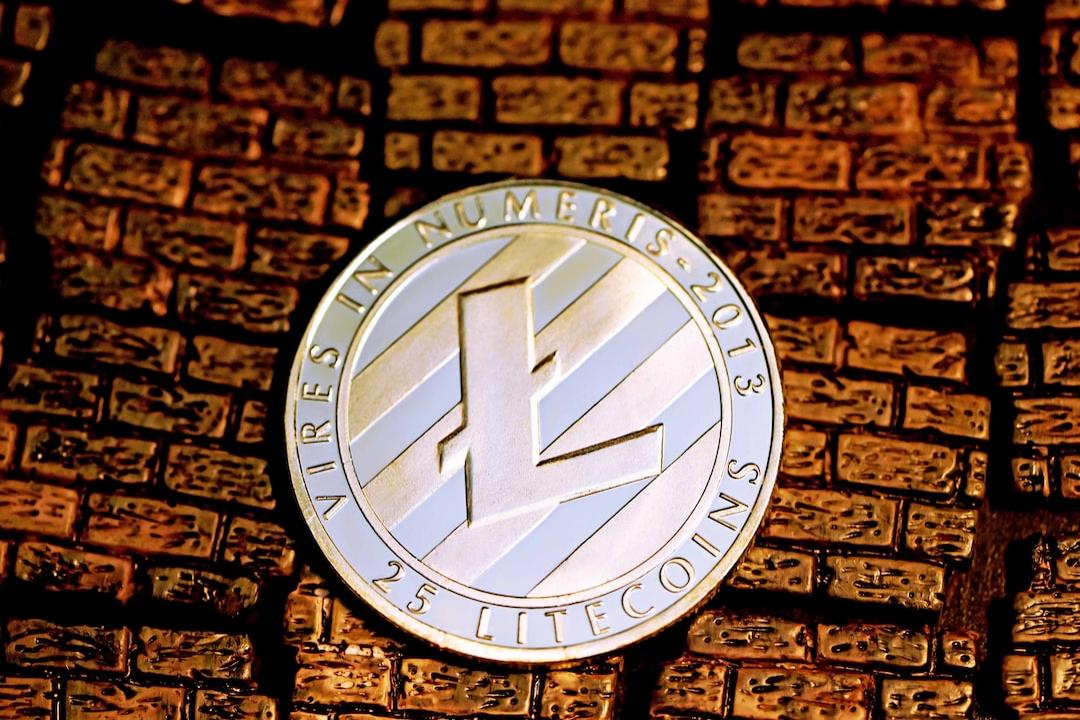As quantum computing continues to advance rapidly, concerns about its impact on the security of Bitcoin have resurfaced. The question is, could quantum computing potentially recover lost Bitcoins? This aligns with a recent article on CNF, which highlighted that the CEO of Tether previously unveiled AI-powered apps, including a Bitcoin Wallet Assistant.
However, Paolo Ardoino, the CTO of Tether, sees a surprising twist in this situation. While quantum computers may not be able to break Bitcoin’s cryptographic system, they could potentially unlock lost wallets and restore long-forgotten BTC to circulation. As J’HE recently shared in a tweet:
“Quantum-resistant addresses will eventually be added to Bitcoin before there is any serious threat. All people alive (and who have access to their wallets) will move Bitcoin into new quantum-resistant addresses. Any Bitcoin in lost wallets, including Satoshi’s (if not alive), will be hacked and put back in circulation.”
Ardoino dismisses the alarmist narratives surrounding quantum threats and believes that Bitcoin will adopt quantum-resistant addresses before any real risk emerges. A recent report on CNF emphasized that quantum computers are still decades away from posing a threat to Bitcoin’s robust security protocols. However, Bitcoin’s decentralized nature ensures that it can adapt to future challenges posed by quantum computing.
According to Ardoino, active Bitcoin wallet holders will simply transfer their funds to upgraded, quantum-safe addresses, leaving only inaccessible wallets, such as those belonging to Bitcoin’s mysterious creator, Satoshi Nakamoto, vulnerable. Therefore, if Satoshi is not around to move his BTC, quantum computers could theoretically hack his holdings and put them back into circulation.
The quantum computing race is currently accelerating, with Microsoft, PsiQuantum, and DARPA leading the charge. The Quantum Benchmarking Initiative by the U.S. defense agency is pushing for quantum breakthroughs with real-world applications by 2033. Microsoft is focused on superconducting topological qubits to reduce error rates, while PsiQuantum is leveraging silicon-based photonics to achieve scalable quantum computing.
Recent updates report a breakthrough from Oxford University, scalable quantum teleportation, bringing fully functional distributed quantum networks closer to reality. This suggests that quantum machines capable of breaking traditional encryption may arrive sooner than expected.
Bitcoin’s current security relies on the ECDSA (Elliptic Curve Digital Signature Algorithm), the same cryptographic system used by Cardano. However, once quantum computers reach sufficient power, they could theoretically dismantle this system.
As of February 10, 2025, Bitcoin (BTC) is trading at $97,760, reflecting a 1.72% increase in the past day and a 3.33% increase in the past week. Please refer to the BTC price chart below.
Recommended for you:

